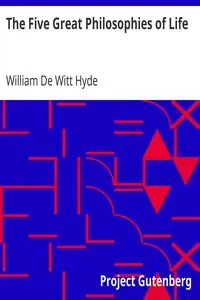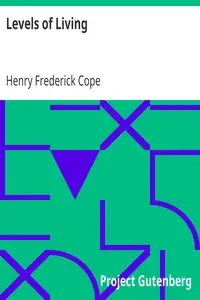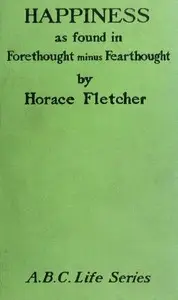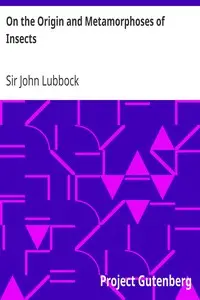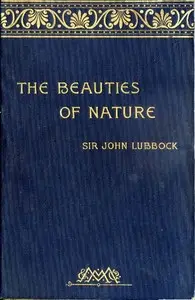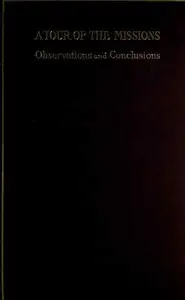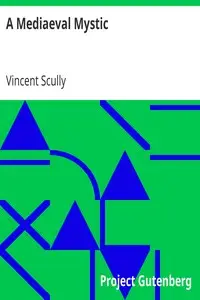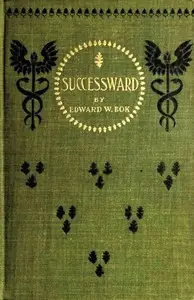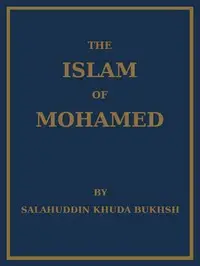"The Pleasures of Life" by John Lubbock is a thought-provoking exploration of happiness and personal fulfillment. The story opens with the author explaining his goal of sharing lessons learned through life and educational talks, expressing that people should focus on being happy because it affects everyone around them. Lubbock says appreciating life's joys and doing what is right are key to being happy, making the story a thoughtful look at how we find joy and improve the world around us by improving ourselves.
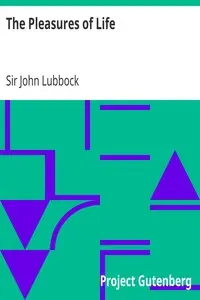
The Pleasures of Life
By John Lubbock
Discover how to find joy and make the world a happier place by embracing life's simple pleasures and fulfilling your purpose.
Summary
About the AuthorJohn Lubbock, 1st Baron Avebury, 4th Baronet,, known as Sir John Lubbock, 4th Baronet, from 1865 until 1900, was an English banker, Liberal politician, philanthropist, scientist and polymath. Lubbock worked in his family company as a banker but made significant contributions in archaeology, ethnography, and several branches of biology. He coined the terms "Paleolithic" and "Neolithic" to denote the Old and New Stone Ages, respectively. He helped establish archaeology as a scientific discipline, and was influential in debates concerning evolutionary theory. He introduced the first law for the protection of the UK's archaeological and architectural heritage. He promoted the establishment of public libraries and was also a founding member of the X Club.
John Lubbock, 1st Baron Avebury, 4th Baronet,, known as Sir John Lubbock, 4th Baronet, from 1865 until 1900, was an English banker, Liberal politician, philanthropist, scientist and polymath. Lubbock worked in his family company as a banker but made significant contributions in archaeology, ethnography, and several branches of biology. He coined the terms "Paleolithic" and "Neolithic" to denote the Old and New Stone Ages, respectively. He helped establish archaeology as a scientific discipline, and was influential in debates concerning evolutionary theory. He introduced the first law for the protection of the UK's archaeological and architectural heritage. He promoted the establishment of public libraries and was also a founding member of the X Club.


